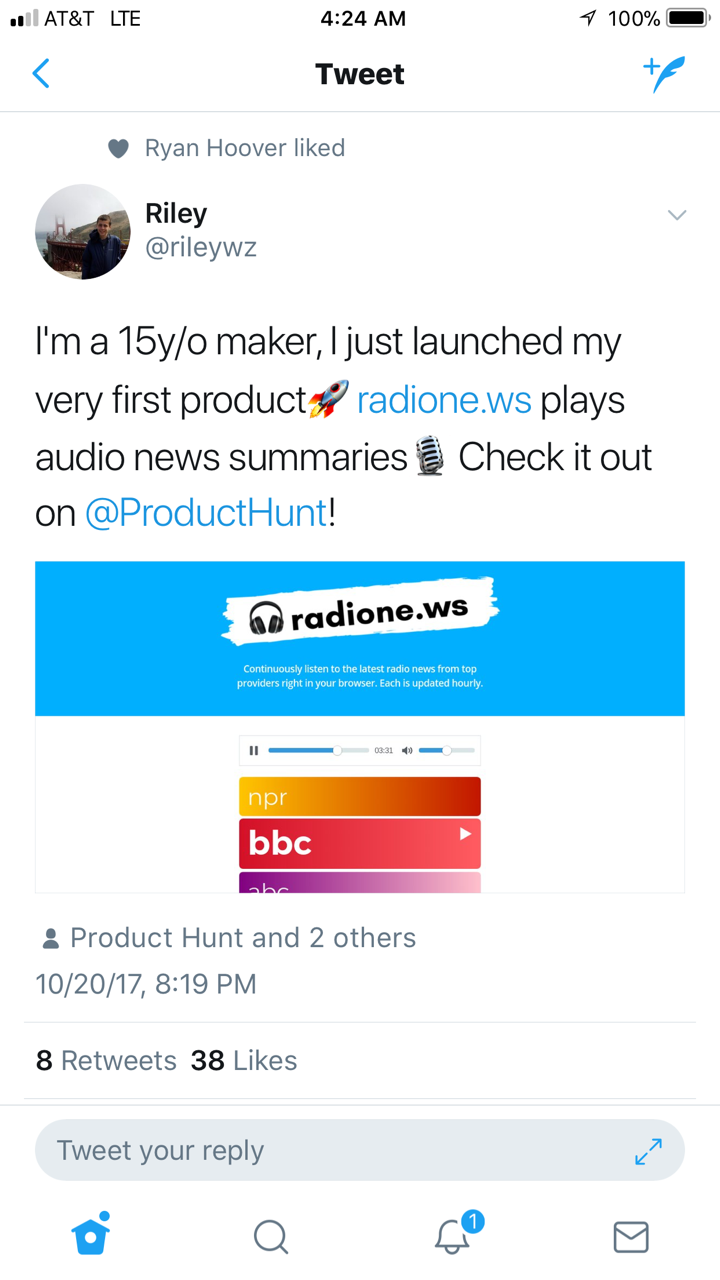Domain Name Search Using Keyword Planner
Quick Summary of Contents
If you own a website and long for it to rank well across major search engines — specifically the “Great Google”, then you’ve likely heard or come into contact with Keyword Planner. And if not, then you need too!
Whether attempting to pinpoint the right set of keywords to rank for, or evaluating the estimated pay-per-click (PPC) cost of keywords for ads, Keyword Planner has become the goto tool of choice amongst a sea of paid and non-paid keyword tool options — KeywordSpy, SpyFu, BuzzSumo, SEMRush, Ahrefs, Wordsteam.
Today, I plan on discussing and showing you just how valuable Keyword Planner is — especially if you’re a domain investor not familiar with Keyword Planner.
Why Keyword Planner is Valuable
When Keyword Planner was originally released, it aimed to provide competitive analysis for strictly keyword and keyword phrases, displaying the following for a given keyword:
Average monthly searches
Average monthly searches (“Avg. monthly searches”) shows the average number of searches for this keyword and its close variants based on the targeting settings and date ranges you’ve selected. You can use this information to see how popular your keywords are during different times of the year.
Competition
“Competition” shows how competitive ad placement is for a keyword, specific to the location and Search Network targeting options that you’ve selected. The level of competition—low, medium, or high— is determined by the number of advertisers bidding on each keyword relative to all keywords across Google. If we don’t have enough data, you’ll see a dash (-).
“Ad impression share” is the number of impressions you’ve received divided by the total number of searches for the location and network you’re targeting that matched the keyword exactly in the last calendar month. This metric can help you identify potential opportunities this keyword has to get impressions and clicks. If we don’t have enough data, you’ll see a dash (-).
Top of page bid (low range)
“Top of page bid (low range)” shows the lower range of what advertisers have historically paid for a keyword’s top of page bid, based on your location and Search Network settings. The average CPC of your keywords may vary.
Top of page bid (high range)
“Top of page bid (high range)” shows the higher range of what advertisers have historically paid for a keyword’s top of page bid, based on your location and Search Network settings. The average CPC of your keywords may vary.
As mentioned previously, most users of Keyword Planner are aiming to understand how much a given keyword costs, and whether or not it’s competitive.
After all, you don’t want to spend time, money, and effort to focus on keywords that aren’t going to deliver traffic and results.
Inversely, you certainly don’t want to get in the proverbial ring with an 800-pound Gorilla of a keyword that you’ll never rank for in this lifetime or the next.
Keyword Planner Identifies Keywords via Domain Names
But while most know about the keyword research capabilities of Keyword Planner when searching single or multi-phrased keywords, Google has introduced the capability of identifying keywords based on a domain name.
Not only can you research your very own domain, but you can research the WORLD. Yes, your competition’s domain can now be searched, returning the associated ranking keywords.
Let that sink in or a moment. While you may need to use another tool, like SpyFu, to determine keywords associated to ads for paid search, Keyword Planner helps to discover your competitions most profitable organic search keywords.
It’s not an exact “do this and you’ll rank”, but you’re certainly on the same street instead of wandering aimlessly through endless neighborhoods of keyword and keyword phrases that may not provide any search value.
I use Keyword Planner not only for customers and my own website, but I also use it to factor and evaluate whether or not to bid on or purchase expired domains.
There are certain expired domains with obvious intrinsic value, yet other expire domains’ value lies well below the surface of simple sight recognition. And when this occurs, I rely on Keyword Planner in conjunction with other tools and strategies to determine the value for expired domains.
Nevertheless, the Keyword Planner tool is one tool to keep handy in your toolbox whether focused on search marketing or domain name investing, or both.
In closing, watch the quick tutorial video below as I highlight key features of Keyword Planner, and how to search for and evaluate keywords, keyword phrases and domain names.
Let me know if you have questions or comments. Thanks, that’s all for now!














